It's hard to believe that it's been 10 years to the day since Queer As Folk wrapped up its final show. Premiering in December of 2000, the program entered uncharted waters by offering up an honest, unabashed look at the lives of gays and lesbians in the dawn of the 21st Century.
Now with a decade between them and show's finale, creators Ron Cowen and Dan Lipman look back at the show's early days, surprising backlash, and the future of LGBT TV in the pages of THR. Here's 5 things we learned.
1. The Show's creators were blindsided by the early backlash QAF received from the gay community.
Ron Cowen: Some members of the gay community were concerned that perhaps we were showing things that did not reflect the gay community in the best possible light. But our intention was to tell the truth as we knew it and to a certain degree, how we experienced it. That was the intention: to show the good and the questionable in a non-judgmental way. Some people loved that, other people were alarmed by it, other people were concerned that it was not putting the best foot forward in terms of the image of gay people on television or what straight people thought of gay people. That was always an issue of contention for us. Those people who were primarily concerned with, "What are straight people going to think of us?" And that was something Dan and I were not concerning ourselves with. We were concerning ourselves with being truthful.
RELATED | The Queer as Folk Cast Explains Why the Sex Mattered to a Movement
Dan Lipman: The network put a disclaimer on the show, at least for the first couple of seasons saying, "This does not reflect everyone in the gay community. This is about a particular group of friends." There were people in the gay community who said, "Why didn't you do a show about two lawyers who lived in the suburbs and who were adopting children?" That's not what the network bought. The network bought Queer as Folk and they wanted Queer as Folk, meaning it was about a group of young men and women in their 20s exploring their lives. The show really was about boys becoming men. If it was about young straight guys in their 20s, that would be about sex, too. Because it was flipped over -- they were gay guys -- a lot of people felt uncomfortable with it.
Cowen: We thought we were going to have a problem with right wing religious people, but the people who objected to it the most were our gay audience, which surprised us.
2. But they were pleasantly surprised how well the show went over with women and young gays.
Cowen: We were disturbed by the reaction from certain people in the gay community and certain organizations that had issues with the show. But I think that's because they felt we were not portraying the gay community in a way they wanted it portrayed. They had a certain political agenda and we were not fulfilling that. But that was not our purpose.
On the other hand, there were responses to the show that we were not expecting that completely surprised us and that's the reaction from the straight community and from women. That amazed and delighted us because that seemed really out of the blue. No one had expected that the show would have the enormous crossover audience it has and still does. ... It took us several years to appreciate that our female audience was even more important than the gay audience was. It occurred to us that a lot of those women are mothers or were going to be mothers and if they are in any way sensitized to what it is to have a gay child and what gay children have to grow up with, and if they are a little more sensitive and aware because of having watched Queer as Folk, that's really important that they pass that on to their children. Gay people are the only minority group who do not share their minority with their parents. That's something to consider because it means that gay kids are very isolated.
Lipman: Even though there was a lot of criticism from the gay community and gay publications there also was a great deal of support for the show. We did an event at the Paley Center. Afterward, there was a reception at the Beverly Hilton. In the next room, Elizabeth Taylor was having her birthday party. And she was with all of these men -- mostly gay -- and Sharon Gless [who played Debbie], Ron and I somehow found ourselves in the middle of this. A few of the men came over and thanked us for Queer as Folk because they said -- and I'll never forget it -- "We are from the fly-over states in the middle of America. Where we live, there are no gay bars or there's no gay neighborhoods and Queer as Folk was our connection to the gay community." Which meant a lot to us. You don't think about that at all: where people do live in areas and every Sunday night, there was their connection.
Cowen: I also remember how many young gay men -- particularly teenagers or in their early 20s -appreciated the show because they also felt very isolated. They didn't have a gay community. There wasn't a West Hollywood; there wasn't Christopher Street. For them, Queer as Folk was some form of connection. We got so many letters and emails saying, "It helps us because we don't feel alone." That made us feel like we were doing something worthwhile.
3. Even more surprising, the religious right said barely anything about it.
Lipman: Hardly a peep. We were on Larry King with the cast and they had found somebody from the religious right who was screaming and yelling about it on air. But it all seemed kind of contrived and calculated and put together because I don't think a lot of these people watched the show. I don't think they cared about it.
Cowen: [Showtime's] position was: you have to pay for Showtime. And that's why the religious right didn't protest it the way they did if it was on, say, NBC. That's how they explained it to us. Whether that is the real reason or not, I don't think I really know to this day.
Lipman: There wasn't any protest from subscribers, either. In many ways, Queer as Folk put Showtime on the map because it got a tremendous amount of publicity and everyone at Showtime was very thrilled with it. I don't think, at least it wasn't shared with us, that the subscribers were cancelling their subscriptions.
4. If there were a Queer As Folk 2.0, the creators say they'd tackle trans issues.
Lipman: Generational issues would be interesting. Our characters would now be in their late 30s or 40s and are at very different stages in their life than young gay people who are in their late teens and 20s.
Cowen: If we were writing about it today, we would make more of an attempt to have more diversity than we did because I think we're more conscious of that now. I don't think we were all aware of transgender issues 15 years ago the way we are now. The whole LGBT world has changed. Gay communities aren't so gay anymore, they're very mixed now.
Lipman: There was no such thing as Grindr. We talked to one of our writers/producers who is in Toronto about this and he said people don't go to bars or clubs to meet people anymore, they're doing it on Grindr.
Cowen: At this moment in time, things are changing so quickly. When you think about it, 20 years from now, young gay people are going to say, "You mean you couldn't get married back then?" Or "You mean you got fired because you were gay?" It'll be like we'd say to our great-great-grandmothers, "What do you mean, you couldn't vote?"
5. While it may have been shocking 15 years ago, Cowen and Lipman see the future of LGBT TV as "no big deal."
Lipman: There's always that juggernaut show and that's what Transparent is. There may be transgendered characters in shows but I don't think there's going to be a spate of transgendered shows because that show has really become symbolic/iconic of that movement. When we were doing Queer as Folk, if somebody came to us and said, "Do you think there's going to be a popular, award-winning series about a transgender person?" I would've said, "No of course not." But yet it has, so who knows what the next thing is? There are so many networks and so much content on TV that it's really hard to know what the next thing will be, but I think people will get used to Caitlyn Jenner and Transparent and that will be no big deal also.
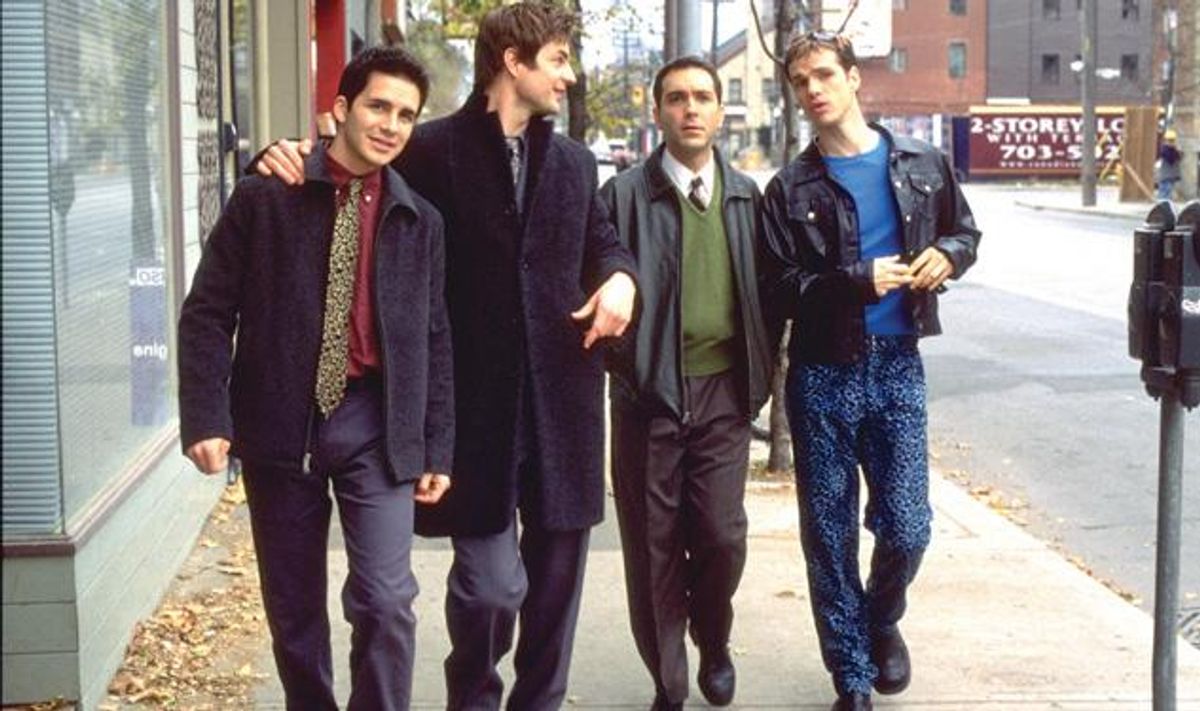



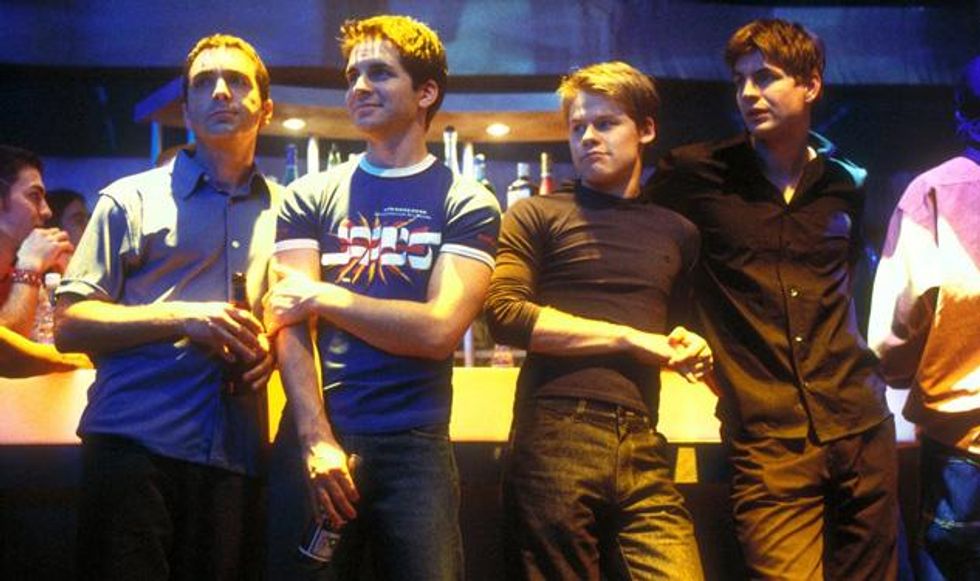














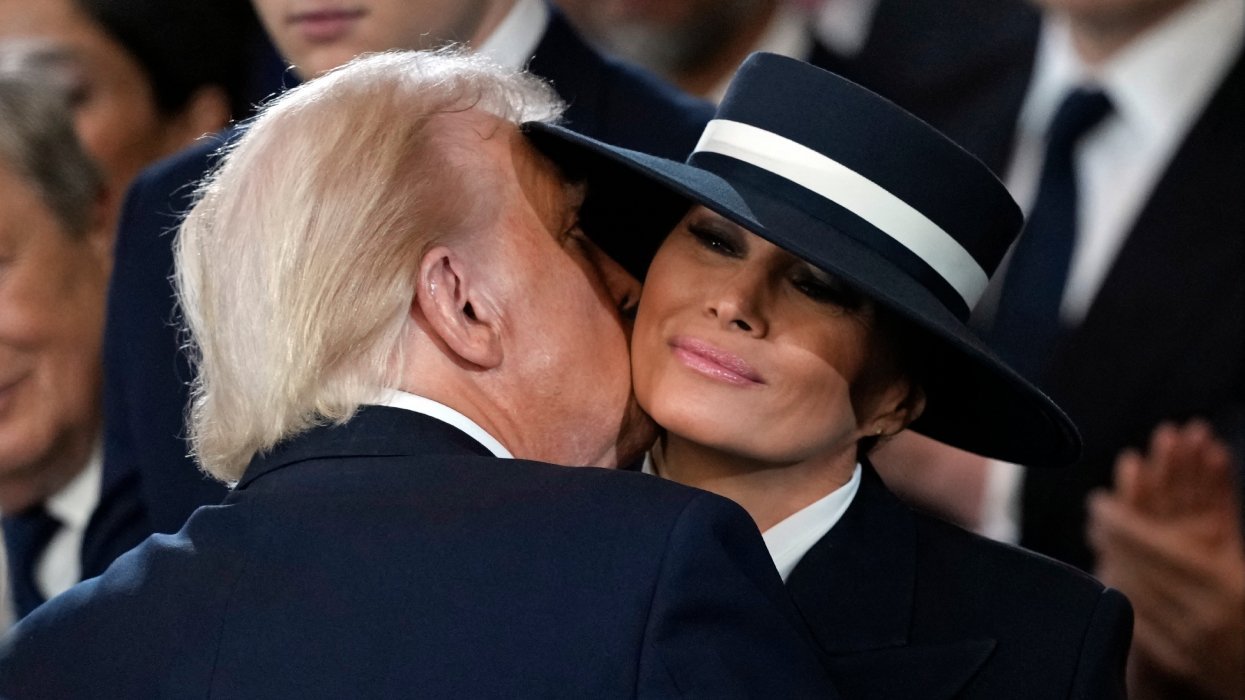


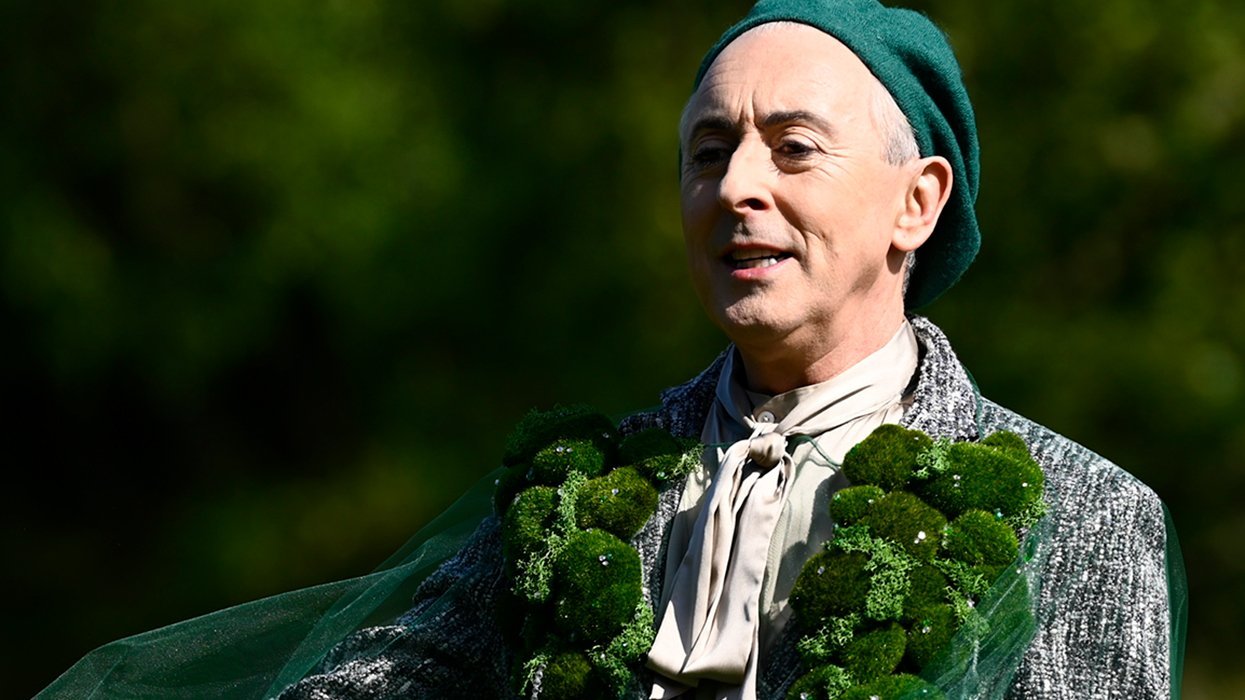
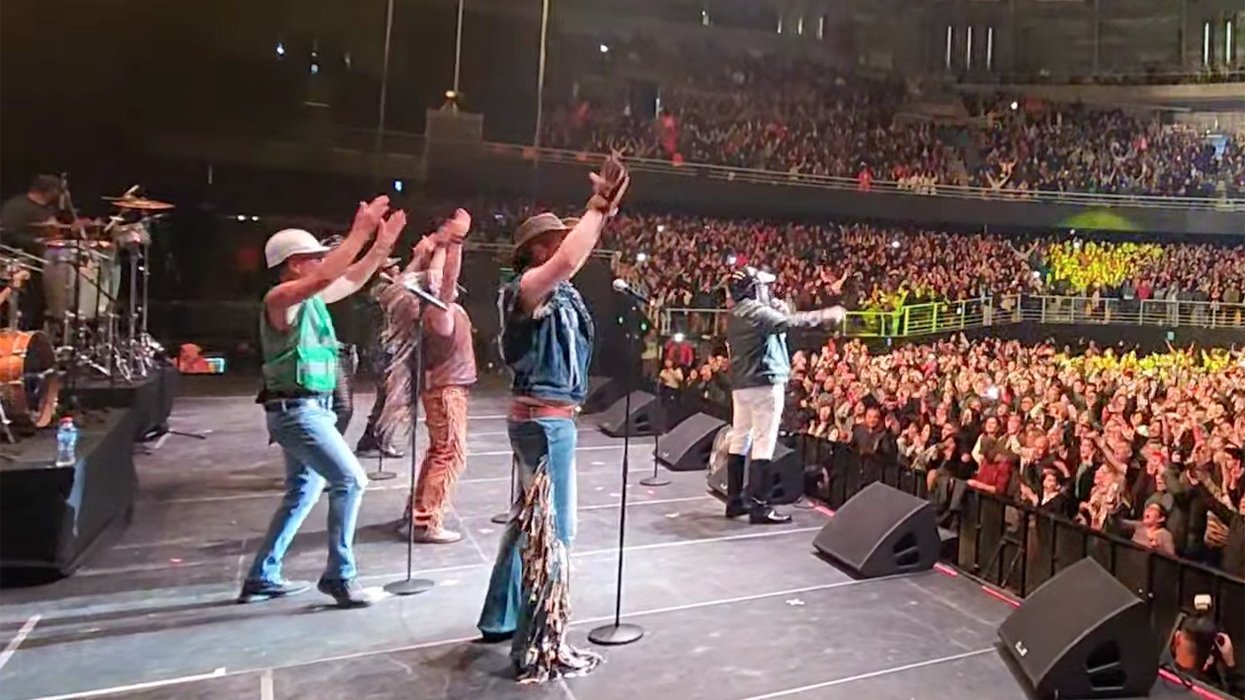
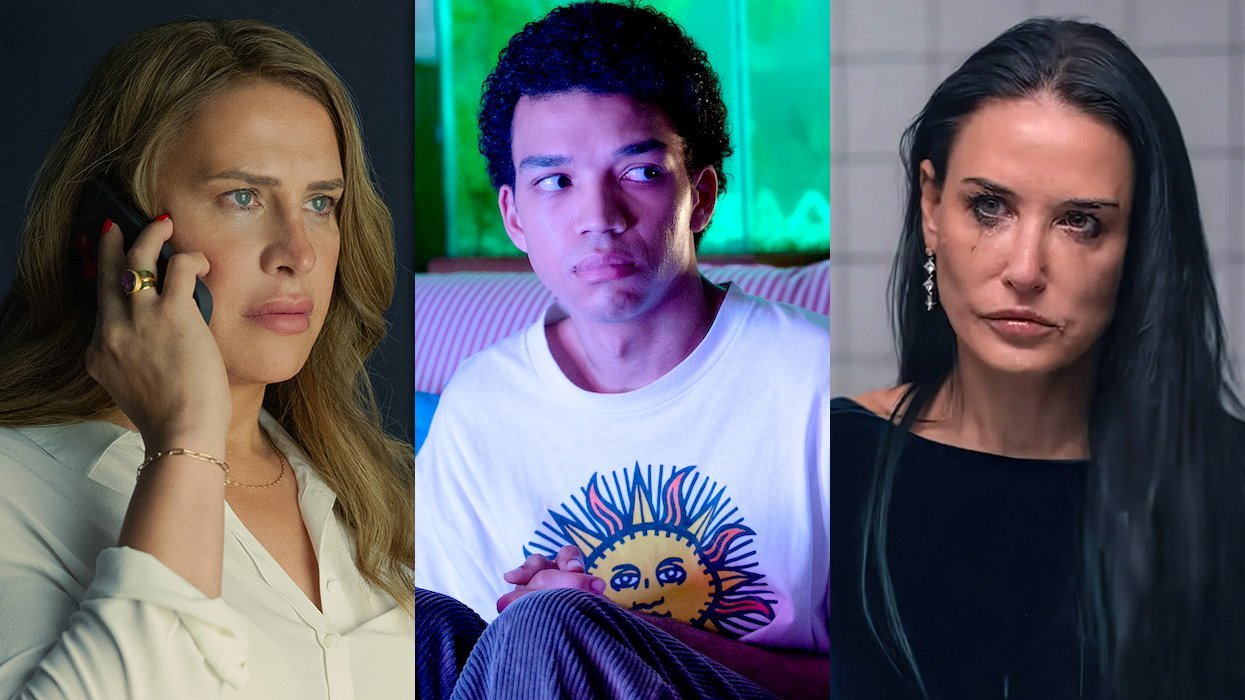
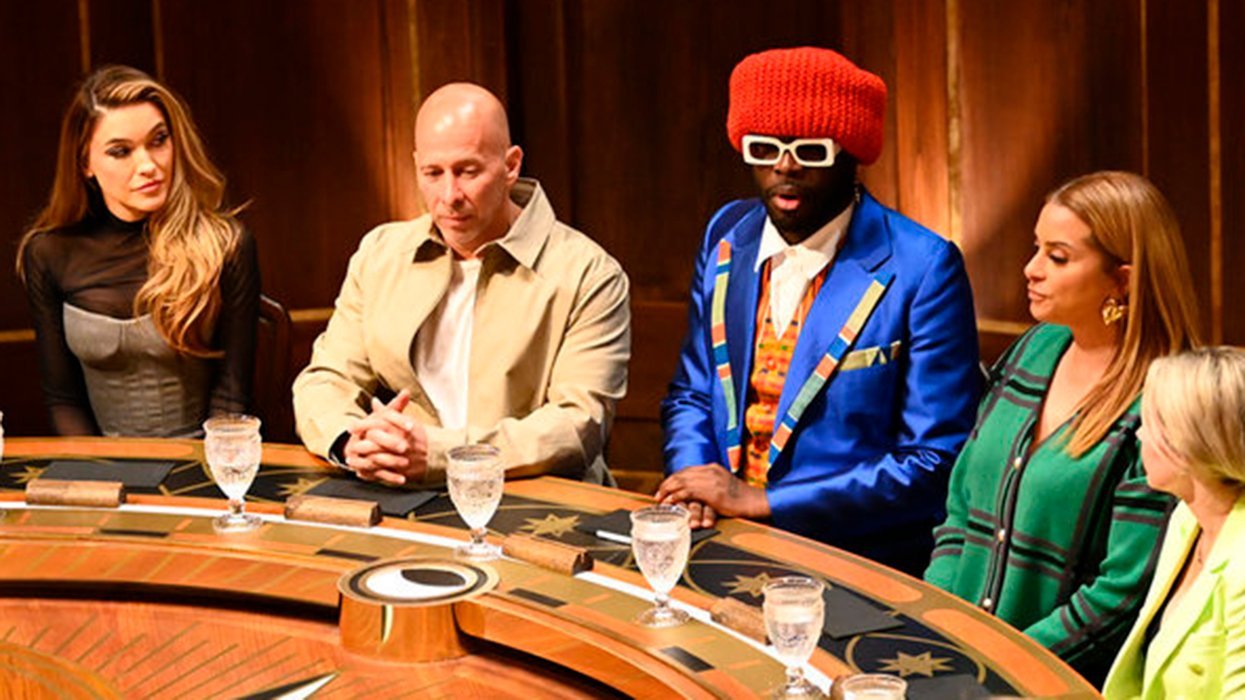
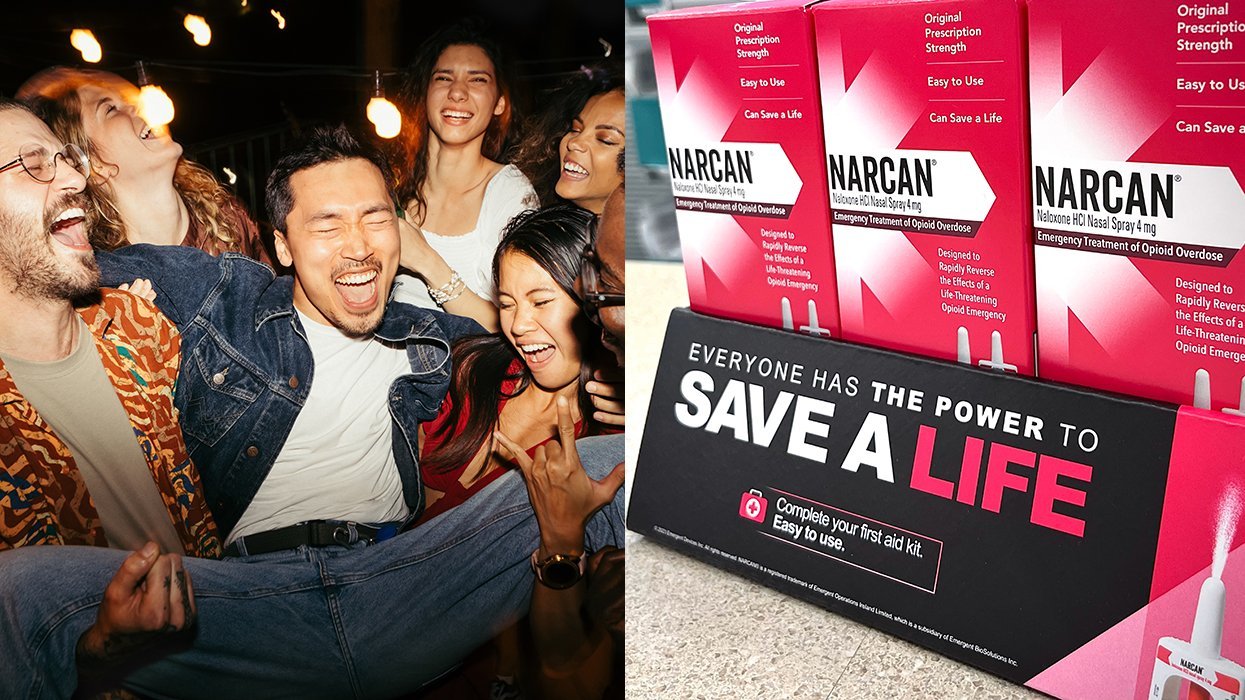
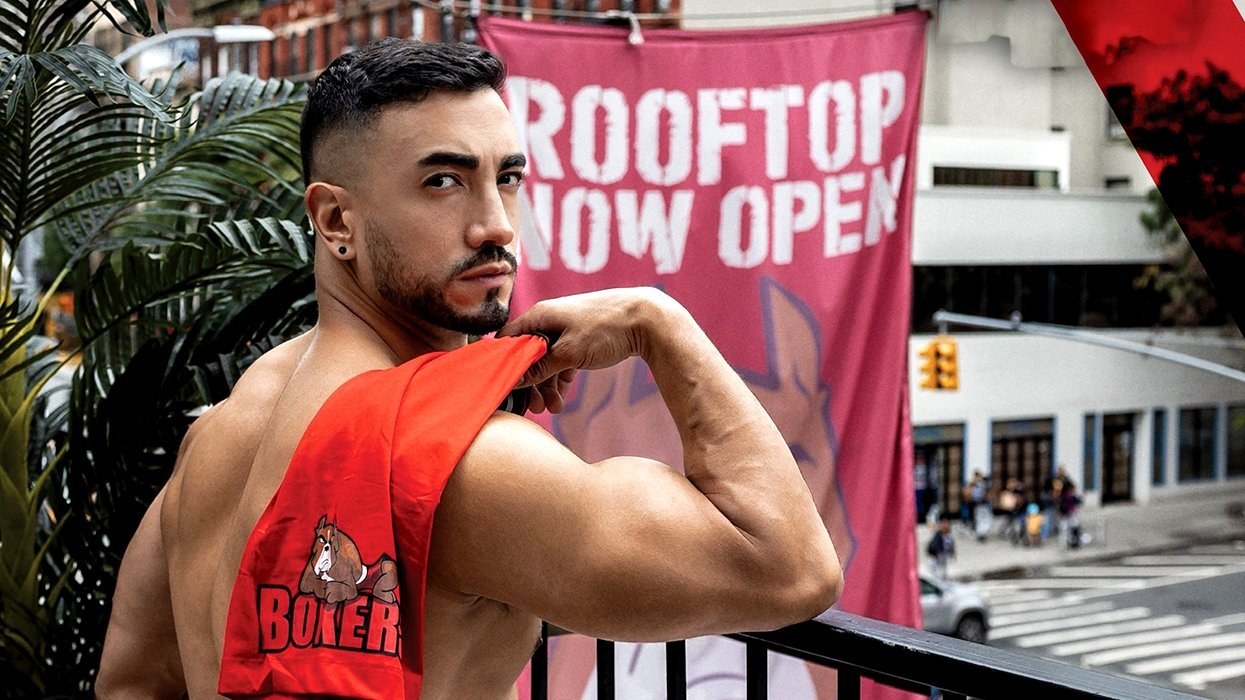
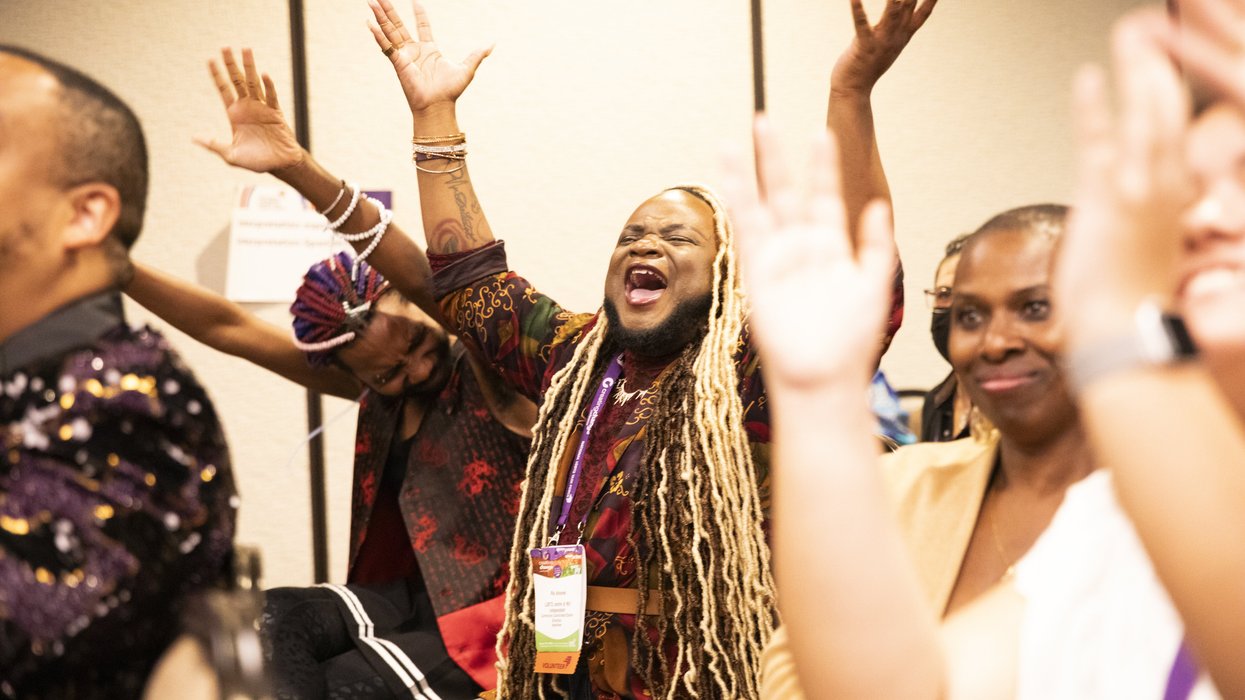
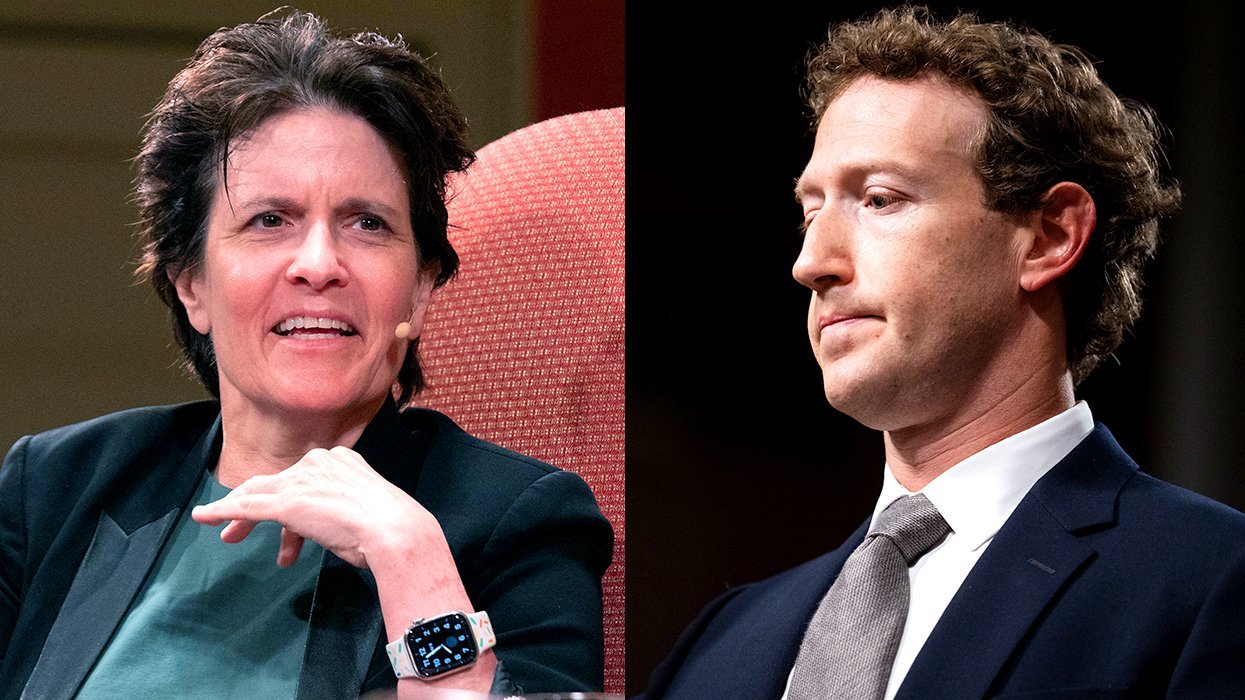
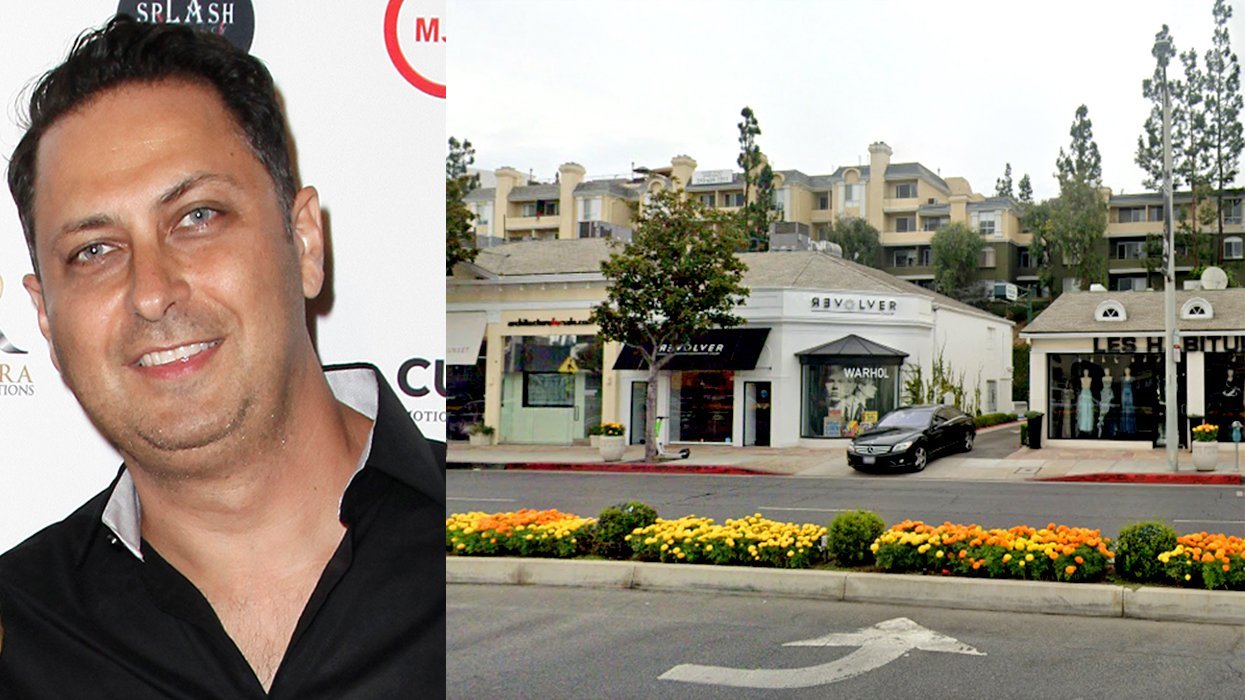
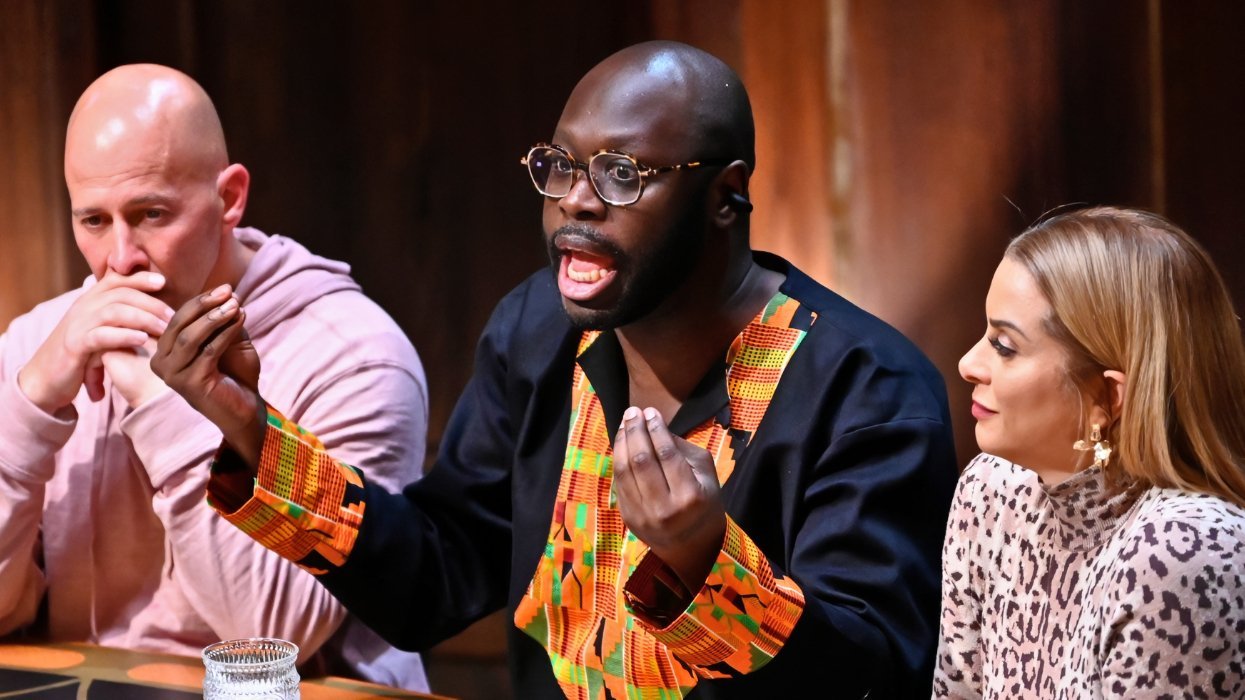
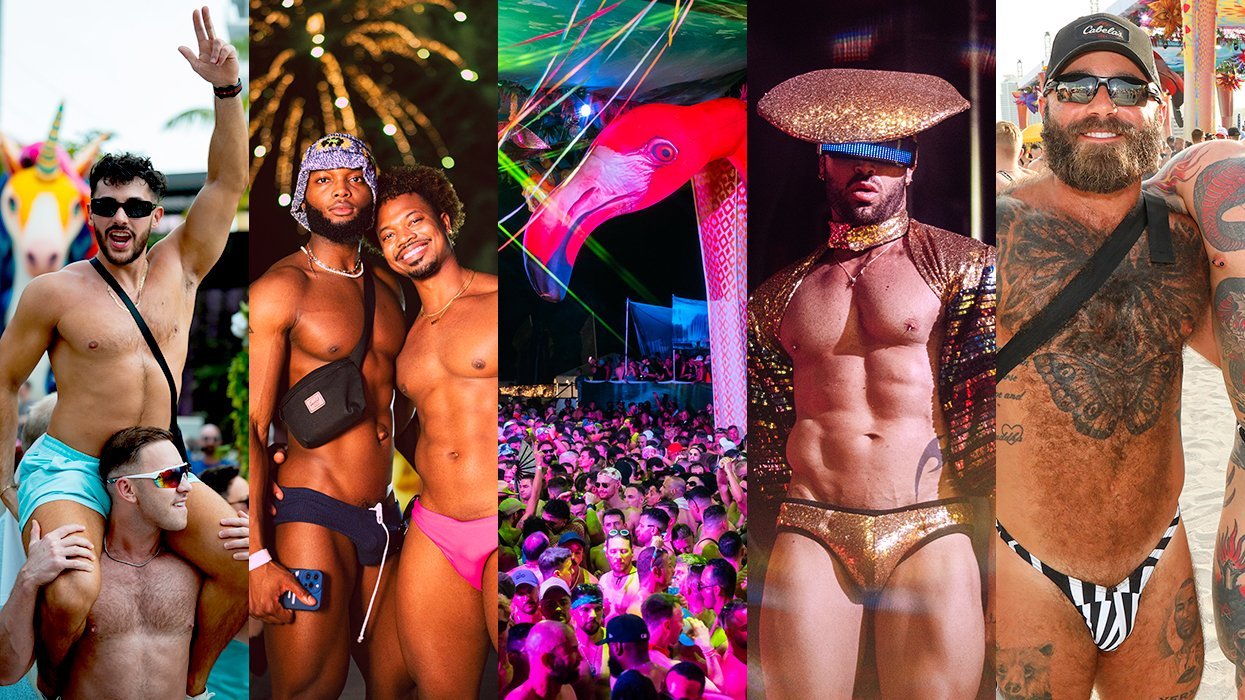

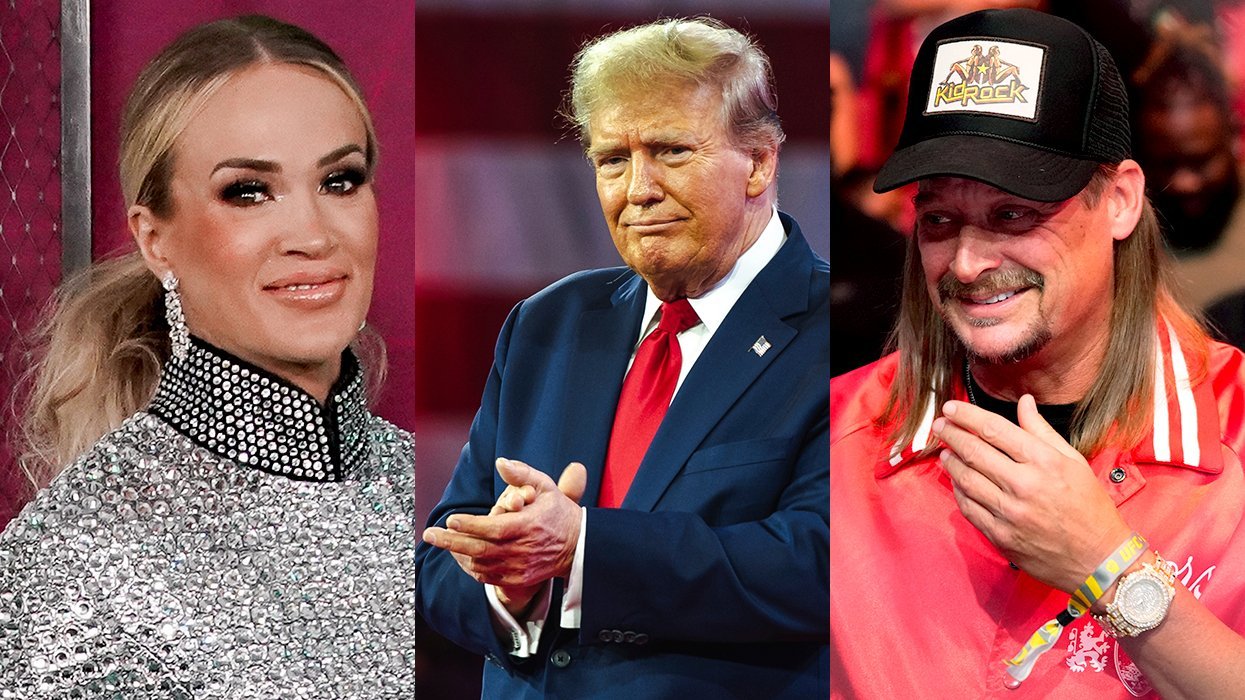
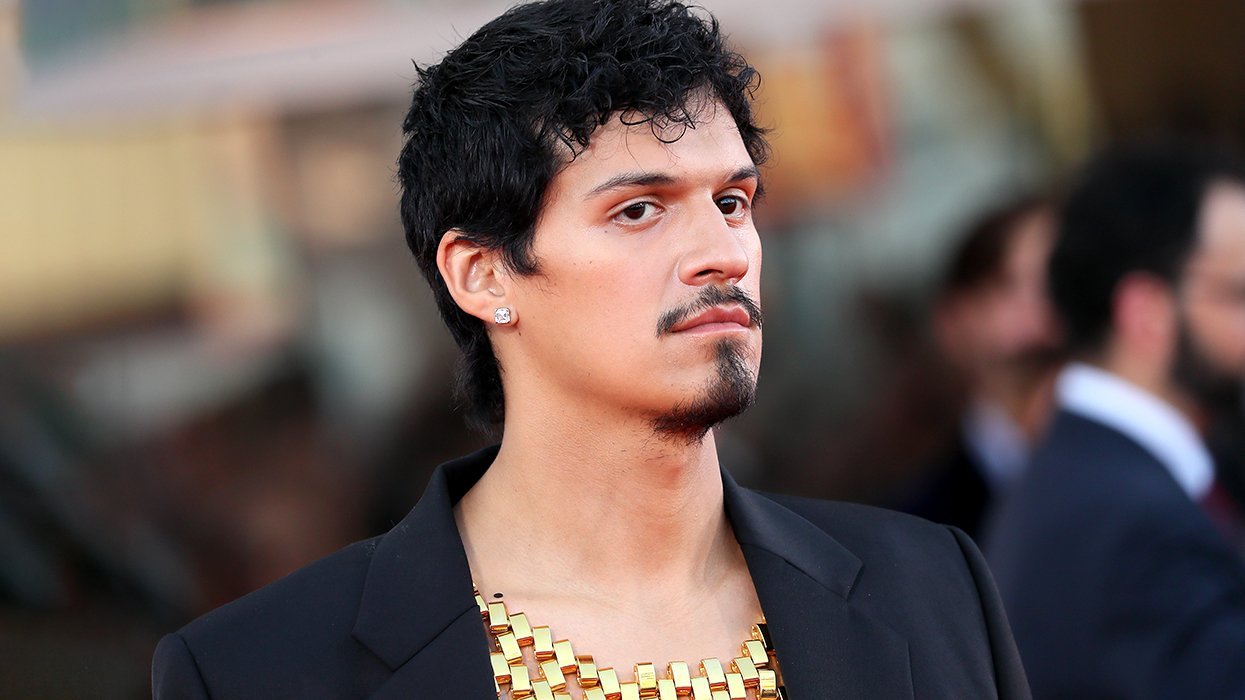




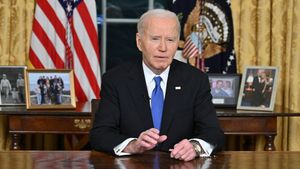







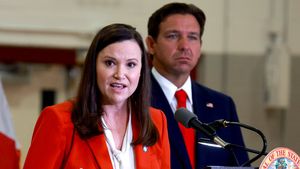


























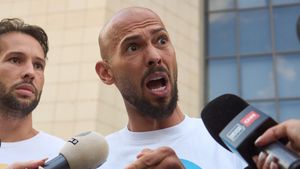






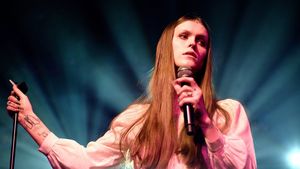


Beware of the Straightors: 'The Traitors' bros vs. the women and gays